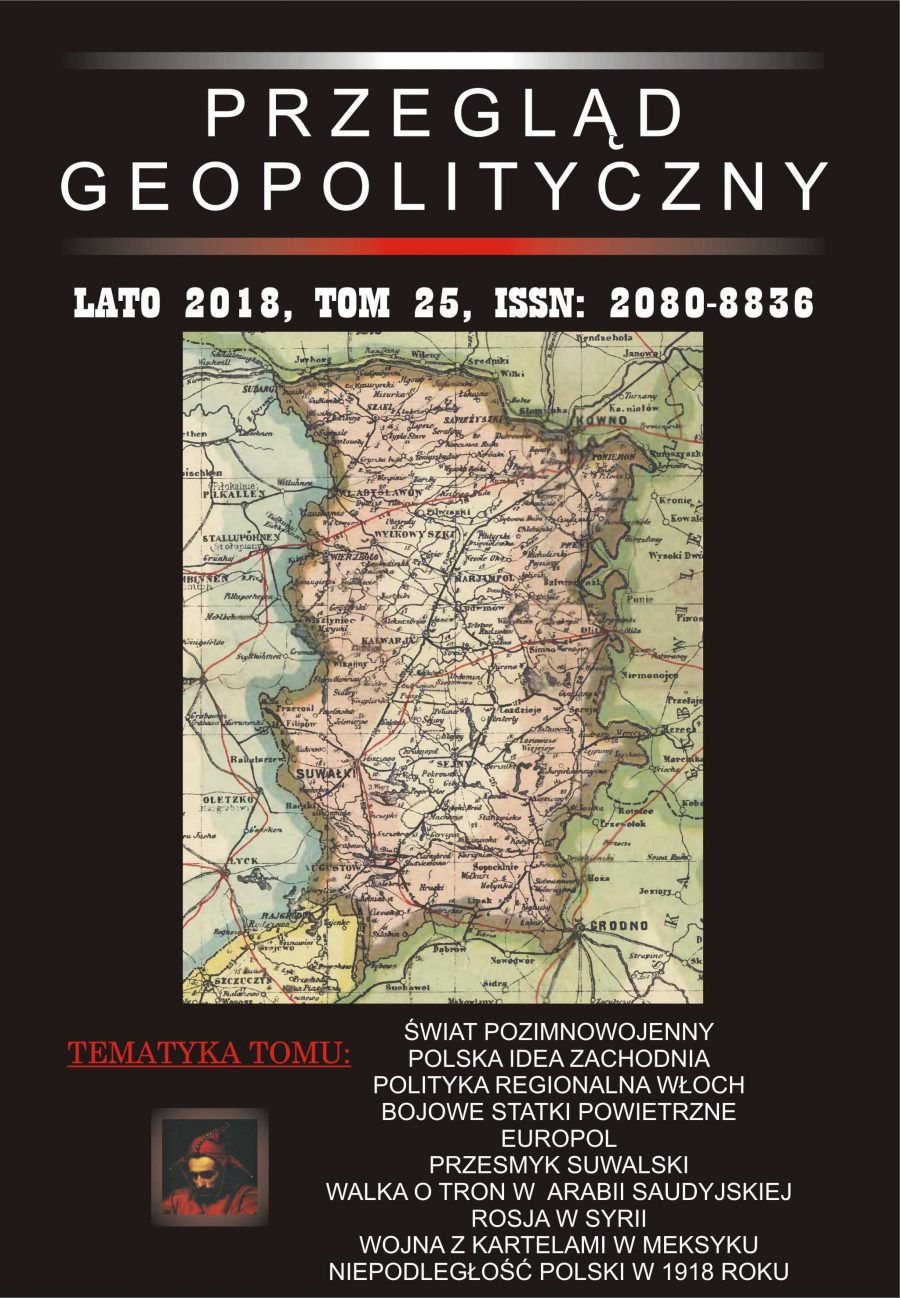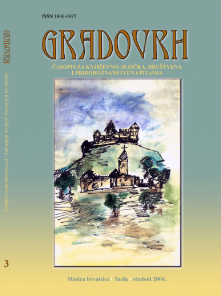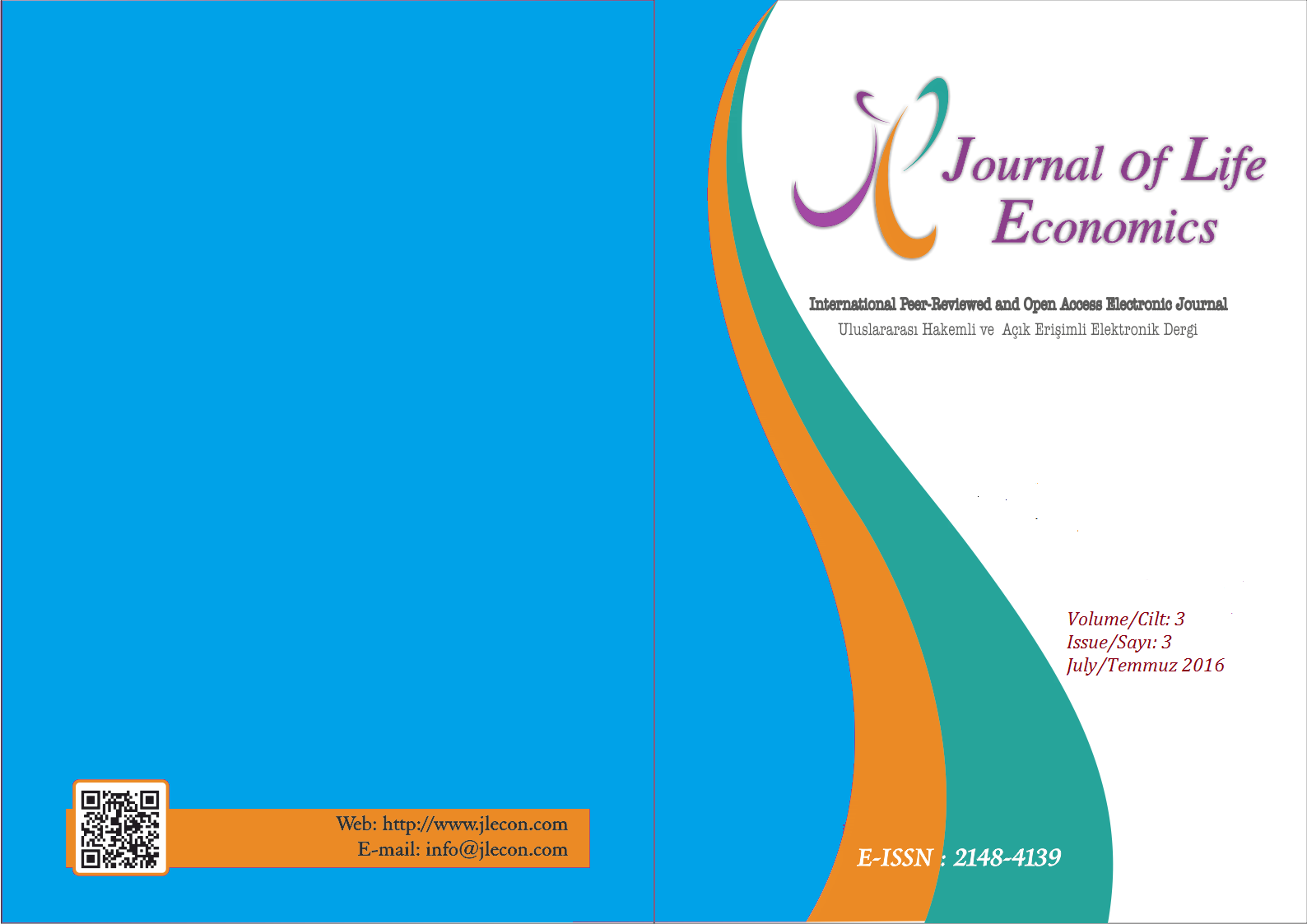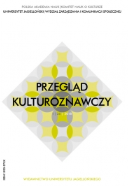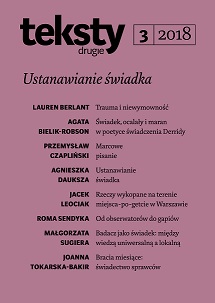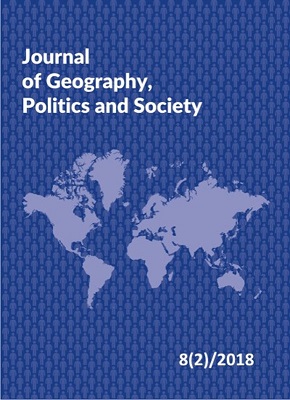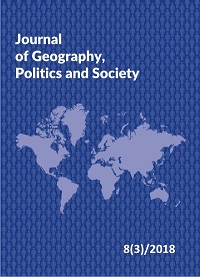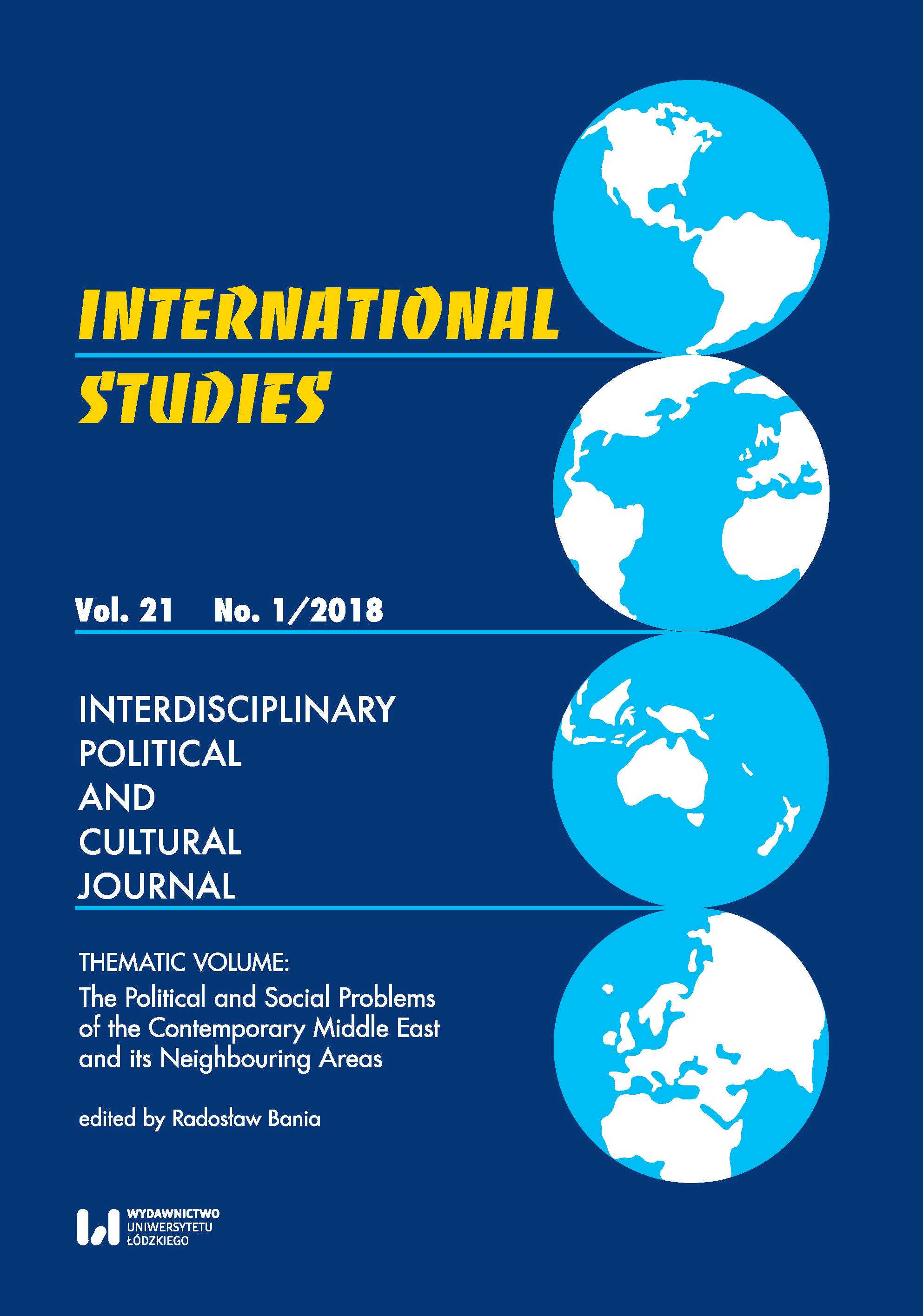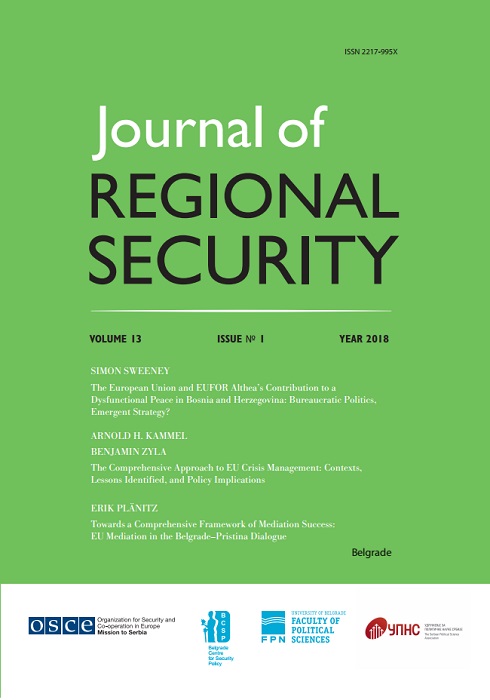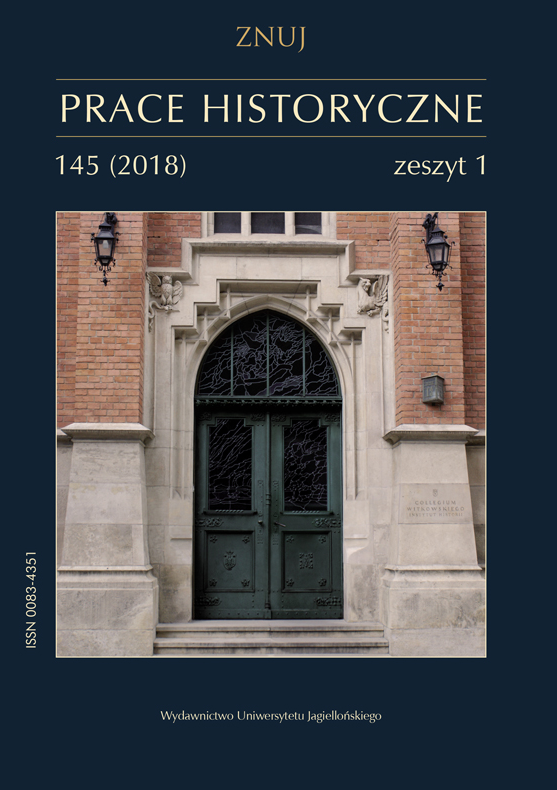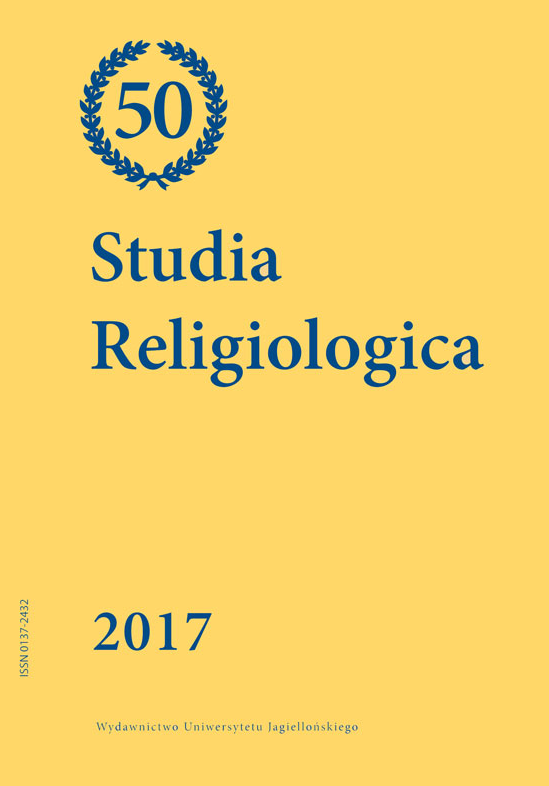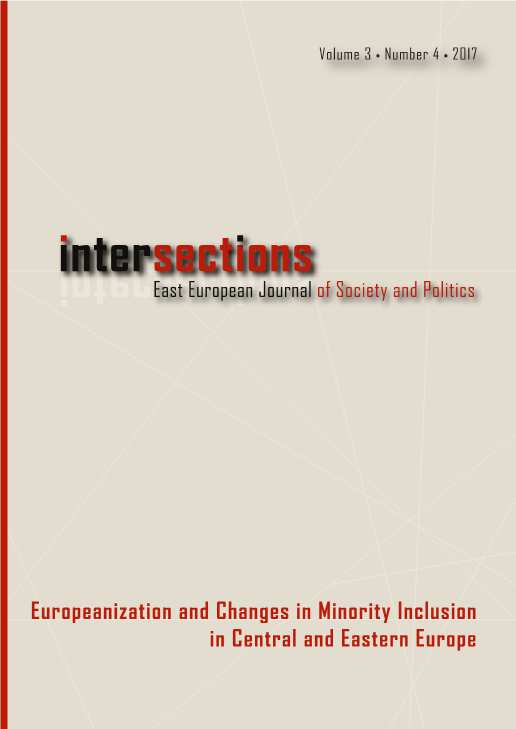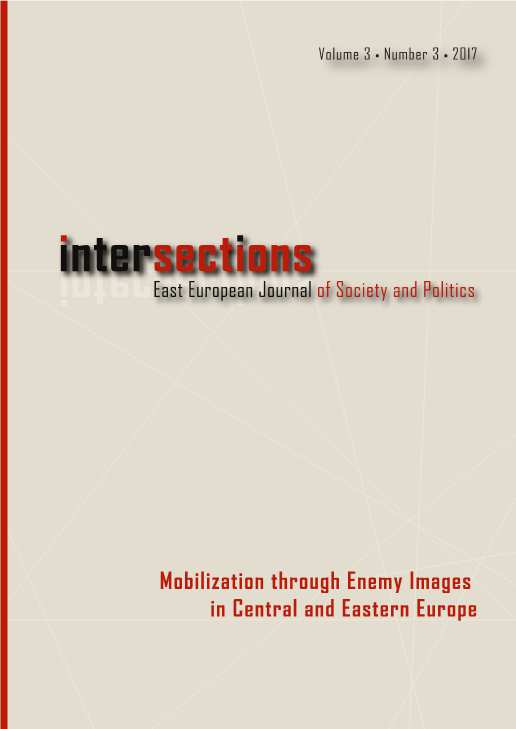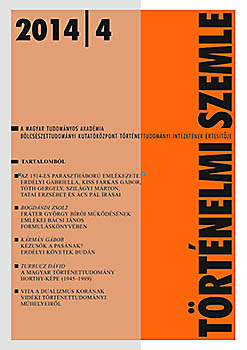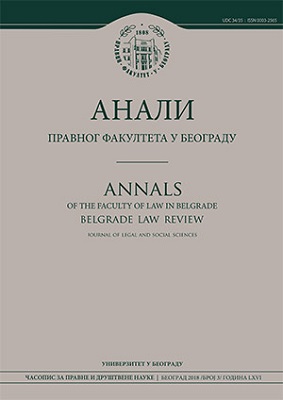Author(s): Gergely Tóth / Language(s): Hungarian
Issue: 04/2014
The only group of sources for the examination of the 1514 Hungarian peasant war, the so-called Dózsa revolt, has long been constituted by the narrative sources, before all the works of the early humanist authors. The event itself attracted considerable attention in Hungarian historiography after the Communist takeover in 1949, but the critical analysis of the relevant narrative sources and the collection of the primary sources (charters, letters etc.) only began in the 1970s. Then a number of historians already pointed to the misconceptions of humanist and later authors, but the myths and incorrect statements once put formulated continue to influence the scientific discourse even today. In the first part of my paper I intended to prove that the antique historiographical tradition, before all the highly popular Bellum Catilinae by Sallust, exerted a very considerable influence upon the reception of the Dózsa revolt on the pen of humanist authors (Taurinus, Tubero, Iovius, Brutus, Istvánffy). The topos of the corrupt, greedy and profligate nobility, the figure of the ambitious and unscrupulous Dózsa as a „depraved son of his age”, the series of „Cegléd speeches” and the tradition of the battle at Temesvár all sprang from the imitation of the Sallustian model. Although these notions fail to stand the test of historical reality, or only do so to a very limited extent and on the level of generalities, the suggestive narrative of the humanist authors and their attractive and convincing argumentation have sublimed them to historical facts. Moreover, confessional biases further distorted the memory of events: already in the 16th century two interpretations, one Catholic and one Protestant, were clearly outlined. These rival interpretations mainly conflicted around the judgement of pope Leo X, who had issued the crusading bull, and of cardinal Tamás Bakócz, as well as over the extent to which the religious component in general was emphasized or passed over in silence. As many as three centuries proved less than enough for Hungarian historiography to provide about the Dózsa revolt a balanced and reasonably unbiased view. As late as the end of the 18th century the archival sources were hardly put to use, and György Pray was the only one to turn to the foreign reports. Confessional bias remained as pervasive at the end of the period as ever before. It was apparently a consequence of this situation that the humanist topoi mentioned above have been solidly integrated into the reception of the Dózsa revolt, and that, strangely enough (and upon the influence of the Catholic authors), the analysis of the religious element had for a long time disappeared from the narratives of the event. All this seemed quite convenient later in the age of bourgeois domination, or still later, in the second half of the 20th century, when the examination of religious issues would only have caused an unwelcome divergence from the otherwise generally enforced view of suffering peasants and domineering and deprived nobility.
More...
